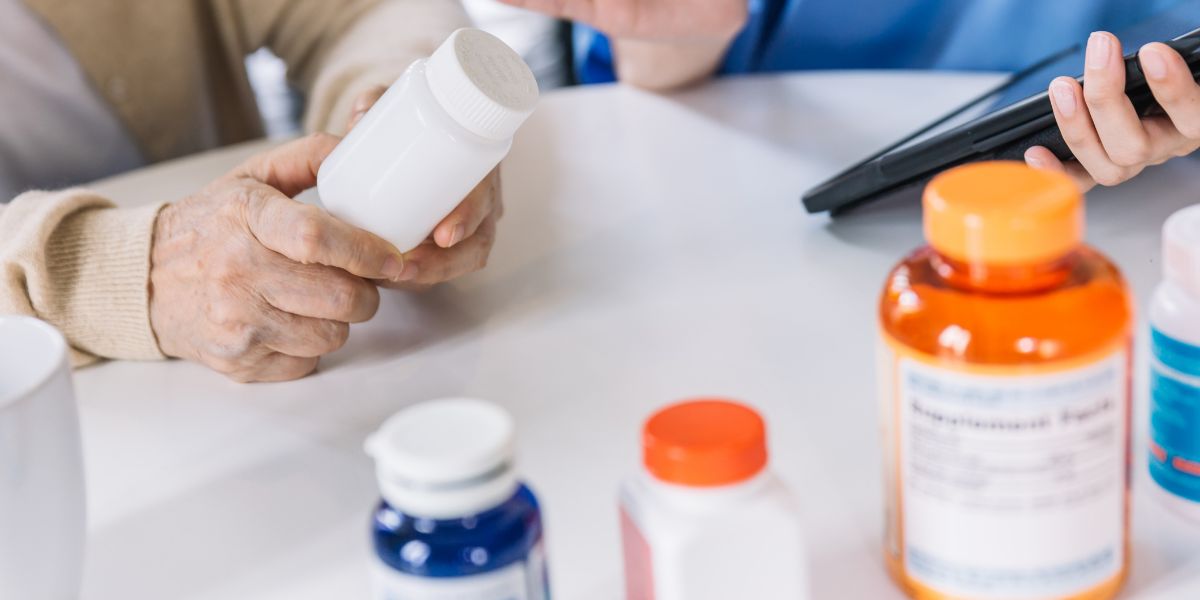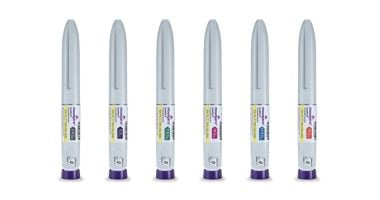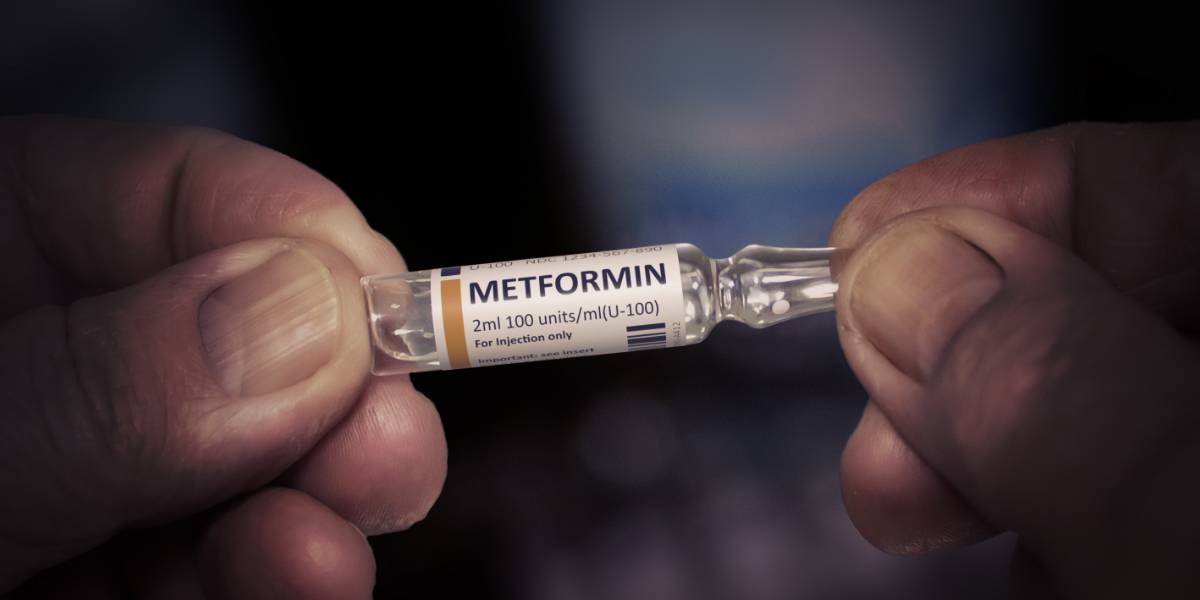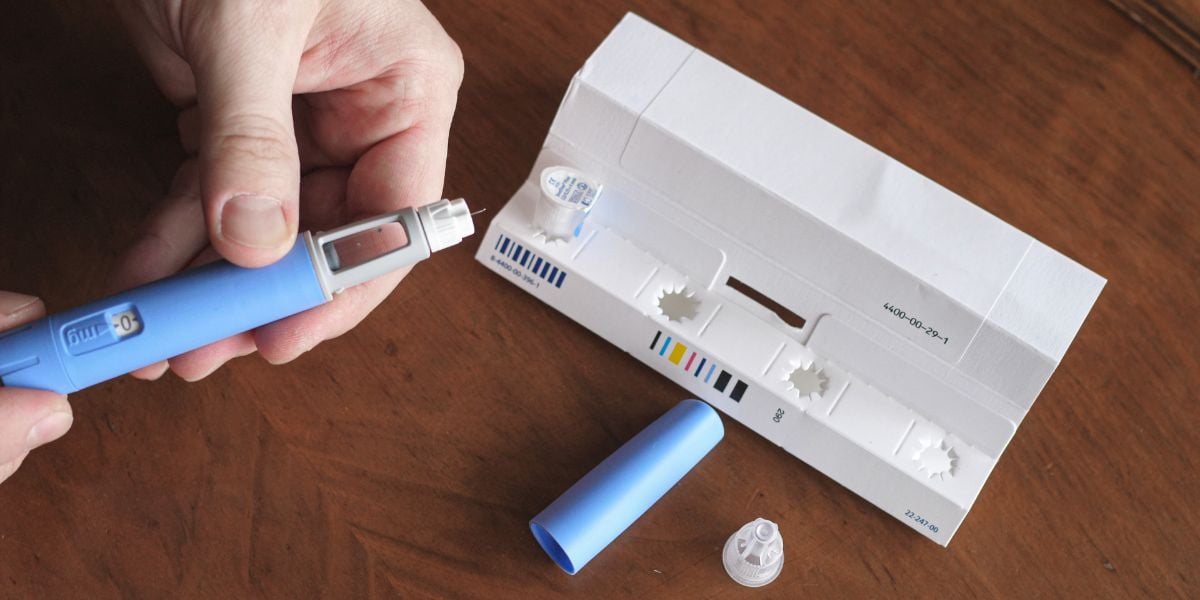Oral hypoglycemics are anti-diabetic drugs designed to help people with type 2 diabetes manage their condition.
This section includes information about oral hypoglycaemic drugs and dosage, side effects, conflicts with other drugs and more.
What oral hypoglycemics are available?
The major oral hypoglycemics drug types are:
- Biguanides
- Sulfonylureas
- Alpha-glucosidase inhibitors
- Thiazolidinediones / Glitazones
- DPP-4 inhibitors (gliptins)
What is the recommended dosage for oral hypoglycemics?
The dosage for all oral hypoglycemics varies depending on the individual patient. Your healthcare professional or GP should inform you of the correct dosage, as should the pharmacist who fills out your prescription.
Never vary from your recommended dose of oral hypoglycemics.
Should I go back and see my healthcare professional?
See your healthcare professional regularly whilst you start taking an oral hypoglycaemic drug.
This is to ensure that your new medicine is working and there are no side effects.
Physicians may also wish to adjust your dosage or even chance to a different hypoglycemic if yours is not proving effective.
Can I stop doing exercise and eating well?
Anti-diabetic drugs such as oral hypoglycemics need to be balanced with meals and daily exercise.
You should not stop eating a healthy diet and doing regular exercise , and your healthcare professional should be able to teach you how to get the balance right.
Testing blood sugar regularly, eating well and exercising daily are all important aspects of diabetes management.
Will my oral hypoglycemic drugs cure my diabetes?
No, oral hypoglycemic drugs do not cure diabetes. However, they do lessen the risk of diabetes complications and help you to manage your diabetes.
Will other drugs mix badly with my oral hypoglycemic drugs?
You should consult with your healthcare professional on all of the medication you are taking and medical conditions you suffer from before being prescribed any oral hypoglycemic drugs.
This should include allergies and past illnesses
Oral hypoglycemic drugs may interact badly with other drugs and increase the risk of side effects, hence the need to consult closely with your doctor or HCP.
Are there side effects from oral hypoglycemic drugs?
Side effects from oral hypoglycemics include:
- Feeling dizzy
- Drowsy
- Having heartburn
- Being sick
- Feeling sick
- Having stomach pain
- Feeling full
- Feeling stomach discomfort
- Feeling constipated
- Frequently urinating
These usually go away as the body adjusts to the oral hypoglycemic.







